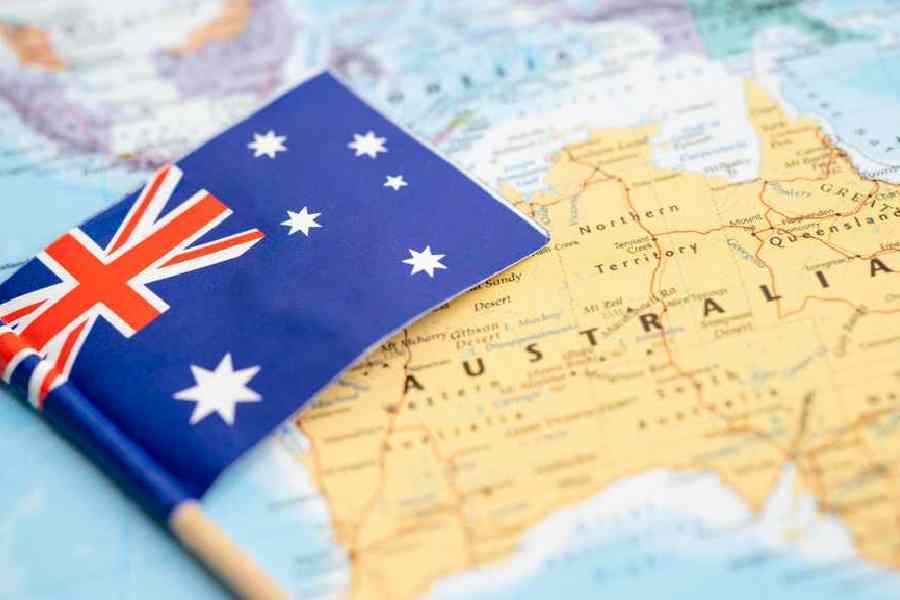Australia boasts a highly connected digital landscape, with approximately 80% of its 26 million citizens actively engaging on social media platforms.
Australia is poised to implement a minimum age limit for social media users, a decision that has ignited controversy among digital rights advocates and youth organizations. This move is primarily driven by growing concerns about the mental and physical health impacts of social media on younger users. Prime Minister Anthony Albanese announced that his government plans to conduct an age verification trial before rolling out laws aimed at regulating social media access for minors. While the exact age threshold has yet to be confirmed, discussions suggest it may fall between 14 and 16 years old.
Supporters of the minimum age limit argue that it is a necessary step to protect children from the potential harms of social media, including cyberbullying, online predators, and exposure to inappropriate content. The government’s intention is to create a safer online environment for young users, ensuring that they are better equipped to navigate the complexities of social media. By enforcing an age limit, officials believe they can mitigate risks associated with social media use and promote healthier online interactions among youth.
However, the proposed measures have drawn sharp criticism from digital rights advocates, who contend that setting a minimum age could inadvertently push young people into more dangerous online spaces. Critics argue that rather than fostering a safer environment, these restrictions could drive vulnerable youth to seek out unregulated platforms or engage in risky behavior to bypass age verification systems. This concern is compounded by the fact that many young users already face significant pressures regarding social media usage, and such restrictions may not address the underlying issues.

Furthermore, the implementation of age verification technologies raises additional privacy concerns. Advocates argue that requiring personal information to verify age could lead to data collection practices that undermine user privacy. They warn that companies may exploit this information, potentially putting young users at further risk. The balance between protecting children and safeguarding their privacy remains a contentious point of debate among stakeholders.
In light of these challenges, the Albanese government’s age verification trial will be closely scrutinized. The trial’s design and execution will play a critical role in shaping public perception and acceptance of the proposed age limits. Success hinges not only on the effectiveness of the trial but also on the transparency of the processes involved in verifying users’ ages. Stakeholders will be watching closely to see how the government navigates the complexities of this issue and whether it can strike a balance between safety and privacy.
As discussions surrounding this policy unfold, the landscape of social media regulation in Australia could serve as a precedent for other countries grappling with similar challenges. The outcome of Australia’s initiative may influence global discussions about youth access to social media and the responsibilities of tech companies in protecting young users. Ultimately, the stakes are high as the government seeks to address legitimate concerns about child safety while also respecting the rights and freedoms of young individuals in the digital space.

















